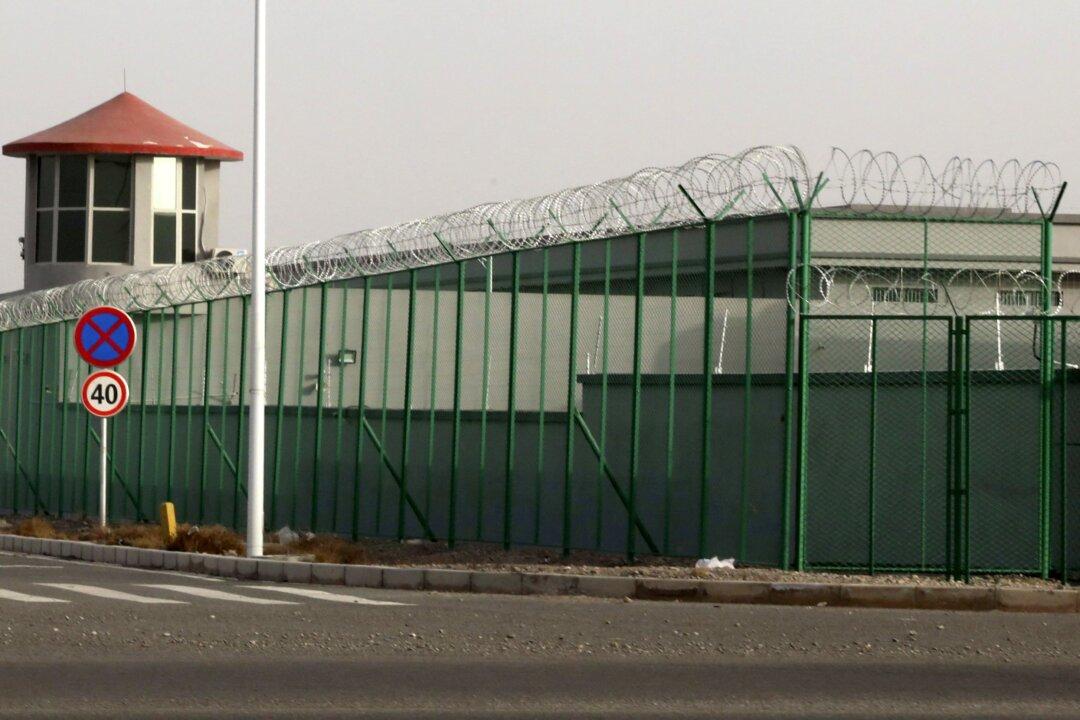As a visitor last week to the European Parliament in turmoil following the United Kingdom referendum, I found it difficult to find anyone who does not hope the British will overturn the “Brexit” outcome of June 23 with a new referendum to be held as quickly as possible.
Jean Monnet’s dream of European unity is currently seen as facing its most dangerous existential threat ever. The U.K.’s leaving could well result in the beginning of the end for the EU, with many Brexiters, including Marine Le Pen of France’s far right National Front, Donald Trump, and Vladimir Putin, actively seeking such an outcome.

The Houses of Parliament are reflected in a woman's glasses as thousands of protesters gather in Parliament Square after taking part in a March for Europe, through the center of London on July 2, 2016. Chris J. Ratcliffe/AFP/Getty Images





